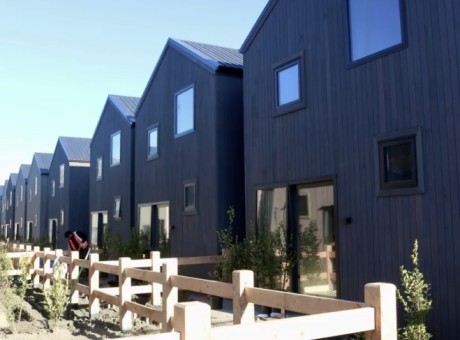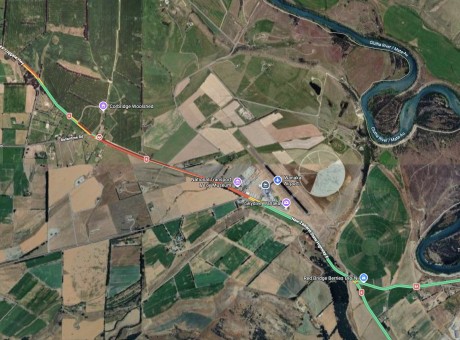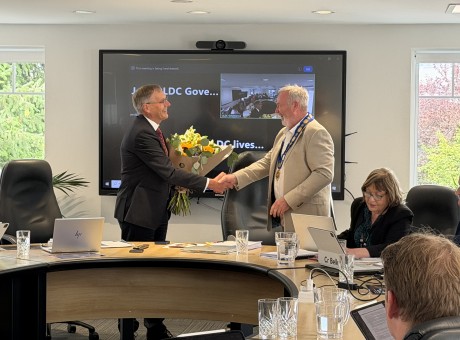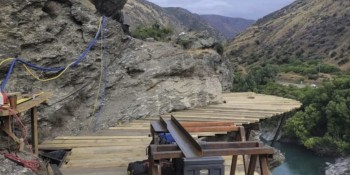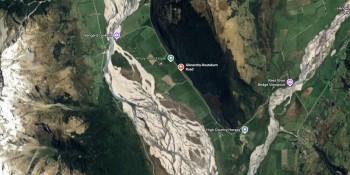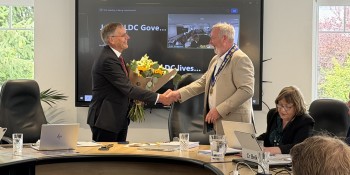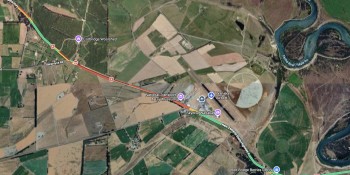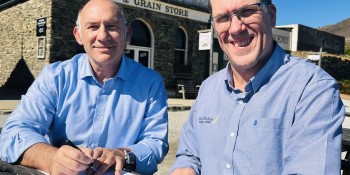Community has 'lost trust' in ORC - Nicky Rhodes
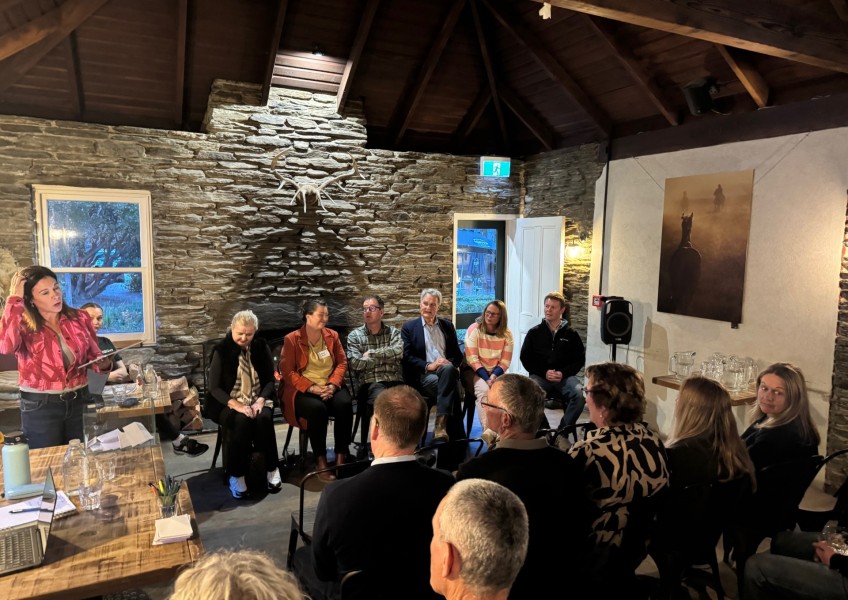

Candidates addressing a small but attentive audience at Gantley’s Tavern in Arthurs Point last night were put through their paces by outgoing councillor, Esther Whitehead.
Just as it takes a thief to catch a thief, so it appears it takes a sitting councillor to put pressure on aspiring candidates to reveal how well they understand the role they aspire to.
Whitehead’s questions were clearly informed by someone who has been at the council table and who understands the complexities of the ‘zone’.
Six candidates lined up to address about 35 residents. Three of the candidates standing in the Arrowtown/Kawarau Ward of Queenstown Lakes District Council. The remaining three running for the Otago Regional Council in the Dunstan Constituency.
The nominees for the regional council were Nicky Rhodes (Vision Otago), Amie Pont, and Matt Hollyer.
The three candidates standing for QLDC were “Q” Samuel Belk, Melissa White, and Heath Copland. Lisa Guy sent her apologies.
Whitehead asked candidates: “If elected, what do you most want to contribute in a governance capacity in the next three years?”
Copland plans on asking questions “around expenditure and why projects are taking so long, specifically the BP roundabout. Is it going to schedule, or how long is it going to take?”
Incumbent councillor, White, placed significance on improving communication with the community and representing community views, rather than her own”.
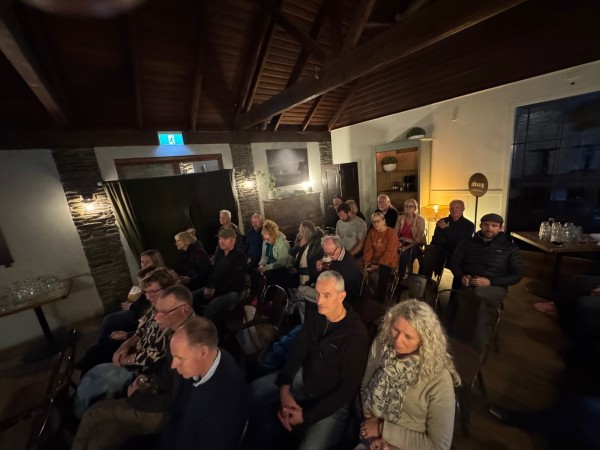
For “Q” Belk, governance is about respect, and trust, and listening to others around the council table. Belk also wants to extend the way we plan, saying we should be looking 50 years ahead when it comes to infrastructure.
Pont’s views were similar to Belk’s. She favours looking further ahead, promoting intergenerational thinking and awareness.
Hollyer emphasised bringing out the best in regional council staff and letting them know they have the support of the governance group. Councillors are there, he says, to be the ears of the community, and to deliver clear messages and understanding.
Rhodes said rebuilding trust in the community, and the council. “The community has lost a lot of trust in the ORC.”
Matching ambition with affordability inspired another question from Whitehead. “How will you meet the demands of the District, and the environmental needs, without hammering ratepayers?” Followed by, “What does your organisation (Council) do that makes you proud to want to join it?” She said elected members would become the Council’s brand.
Needless to say, all candidates expressed pride in the life they lead, and work they do, in the Otago region.
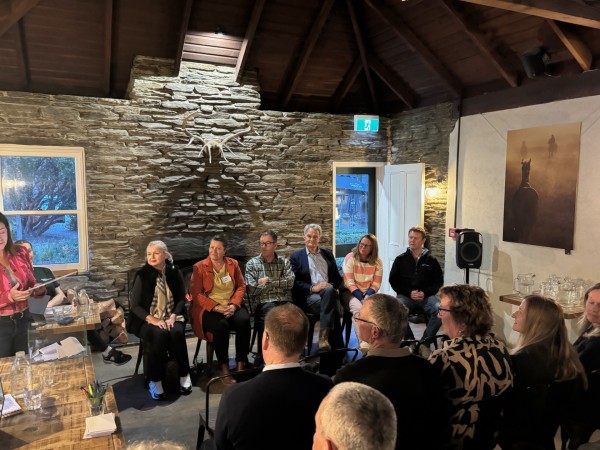
However, as in other election meetings, central government’s role in developments in the Queenstown region, appeared on the radar.
Before asking a succession of quickfire questions on growth, Whitehead made an explicit statement about Central Government’s influence on the region. She noted the National Coalition Government is so hell-bent on growth that, in the process, it is dismantling a lot of the safe-guards, especially environmental, which will become symptomatic at a Local Government level in 20, 40, or 50 years’ time.
Whitehead then asked for yes/no answers relating to transport and congestion, bus subsidies, mass-rapid transit systems - the proposed gondola, ferries, and safe school travel networks, as well as road-user charges.
Questions from the audience included the location of a new headquarters for the QLDC, high density housing in Arrowtown, the ORC’s management of waterways, and pest control, notably the rabbit ‘plague’.
Whitehead wound up the evening by acknowledging there would be a lot of learning for newly elected councillors but there was also a lot of skill in the room. She then asked candidates how would residents be heard by the next council?
As expected, all candidates promoted their availability, and approachability.
Copland asked residents to make it easier for councillors by coming up with solutions, rather than just presenting problems.
Belk noted that small communities tend to be overlooked, describing Gibbston Valley as being ‘the flea on the dog’s back’. Like Copland, Belk, in the interests of efficacy, suggested residents make an effort. He encouraged communities with challenges to organise themselves in order to tackle those challenges, and to reach out to councillors for their support. He noted how well-organised Arrowtown residents’ were for challenging the prospect of higher density buildings in the historic village.
Hollyer and Rhodes noted the increase in local representation on the next ORC would result in more satisfactory outcomes for the Wakatipu region.





